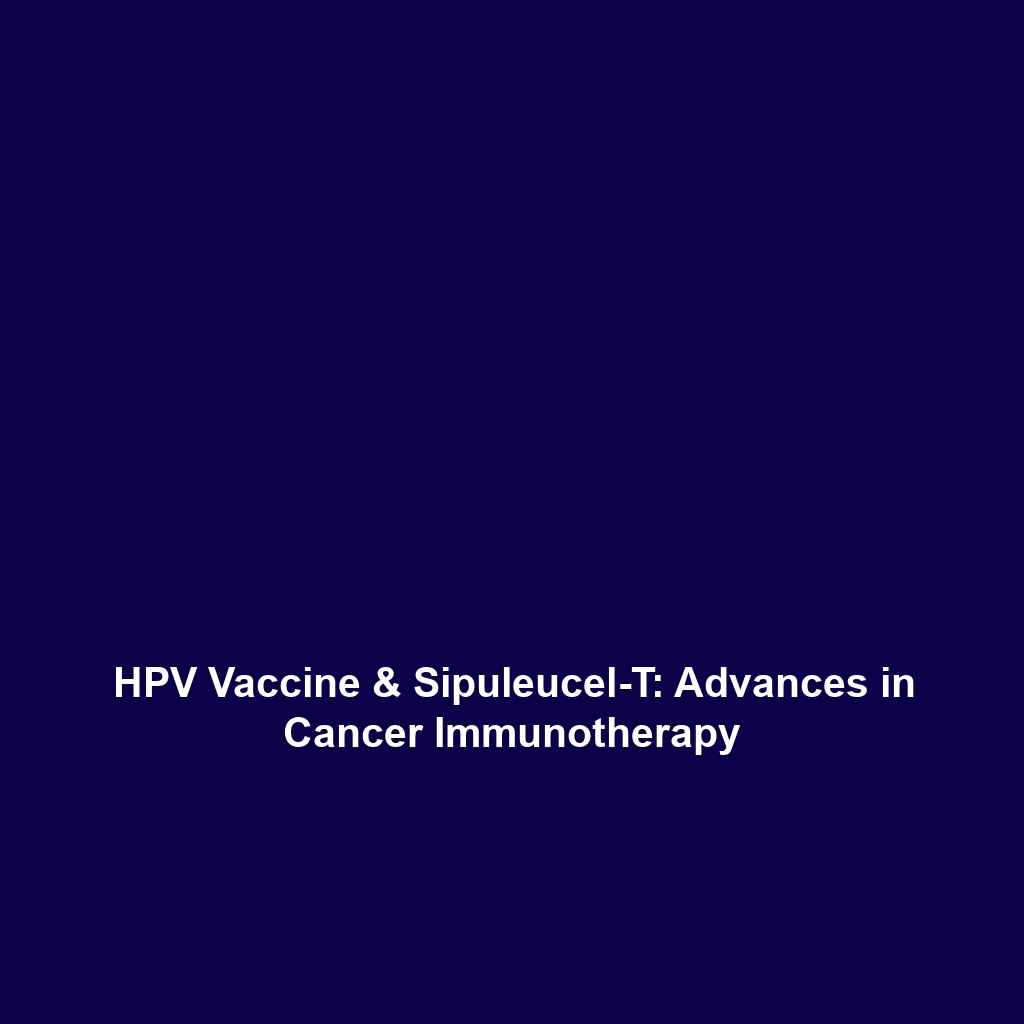How Immunotherapy Activates and Enhances the Body’s Immune Response to Target and Destroy Cancer Cells
Immunotherapy represents a groundbreaking approach in cancer treatment, utilizing the body’s own immune system to fight cancer cells. By activating or boosting the immune response, immunotherapy allows for a targeted attack on tumors while minimizing damage to surrounding healthy tissue. In this article, we delve into how immunotherapy works, its applications, challenges, and future innovations that could reshape the landscape of cancer treatment.
Key Concepts of Immunotherapy & Cancer
At the heart of immunotherapy is the activation and enhancement of the immune system’s capability to identify and destroy cancer cells. Key concepts include:
- Immune Checkpoint Inhibitors: These drugs block proteins that prevent the immune system from attacking cancer cells.
- Cancer Vaccines: Therapeutic vaccines stimulate the immune system to target specific cancer antigens.
- CAR T-Cell Therapy: This innovative therapy modifies a patient’s T-cells to better recognize and attack cancer cells.
These principles demonstrate the potential of immunotherapy in revolutionizing cancer treatment and aligning with the broader context of Immunotherapy & Cancer.
Applications and Real-World Uses
The applications of immunotherapy in cancer treatment are rapidly expanding. Some significant uses include:
- Melanoma Treatment: Immune checkpoint inhibitors have shown remarkable success in treating advanced melanoma.
- Hematologic Cancers: CAR T-cell therapies are transforming the approach to treating certain blood cancers like leukemia and lymphoma.
- Prostate Cancer: Cancer vaccines are being used to enhance immune responses in prostate cancer patients.
These examples illustrate how immunotherapy activates the body’s immune response to target cancer cells particularly in the field of Immunotherapy & Cancer.
Current Challenges
While immunotherapy has ushered in new hope for cancer patients, several challenges remain:
- Variability in Patient Response: Not all patients respond to immunotherapy, highlighting the need for personalized approaches.
- Adverse Effects: Immune-related side effects can occur and must be managed carefully.
- Understanding Mechanisms: Further research is needed to fully understand how to optimize immunotherapy for various cancer types.
These challenges highlight the issues in effectively applying how immunotherapy enhances the immune response in the cancer treatment landscape.
Future Research and Innovations
The future of immunotherapy is rife with potential innovations and breakthroughs:
- Combination Therapies: Researchers are exploring combinations of immunotherapy with traditional treatments like chemotherapy and radiation for enhanced efficacy.
- Personalized Vaccines: Advancements in genomics may enable the creation of personalized cancer vaccines that tailor treatments to individual tumor profiles.
- Enhanced CAR T-Cells: Innovations in CAR T-cell therapy are being designed to improve efficacy and reduce side effects.
These innovations highlight the ongoing commitment to improving how immunotherapy activates and enhances the body’s immune response against cancer cells.
Conclusion
In conclusion, immunotherapy represents a significant advancement in cancer treatment, utilizing the body’s immune system to effectively target and destroy cancer cells. By overcoming current challenges and embracing future innovations, the potential of immunotherapy in combating cancer continues to expand. For more information, explore our research on cancer vaccines and the impact of CAR T-cell therapy on treatment outcomes.

